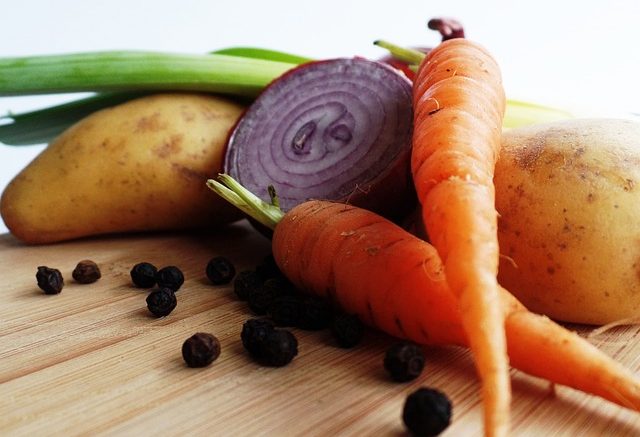|
Click to listen to this article
|
Senate Finance Committee Chair Ron Wyden (D-Ore.) and Ranking Member Mike Crapo (R-Idaho) introduced bipartisan legislation on November 14 to help farmers fight through trade barriers and sell more fruits, vegetables and other specialty crops in foreign markets. The bill is cosponsored by Sens. Angus King (I-Maine), Jim Risch (R-Idaho), Maria Cantwell (D-Wash.), and Susan Collins (R-Maine). On the other side of Capitol Hill, Reps. Suzanne Bonamici (D-Ore.), David Valadao (R-Calif.), and Elissa Slotkin (D-Mich.) introduced the House companion legislation.
According to the sponsors, the Specialty Crops Reporting on Opportunities and Promotion Act (Specialty CROP Act) responds to continued high tariffs, burdensome labeling requirements and other trade barriers that restrict U.S. products from accessing foreign markets, threatening rural communities and agricultural producers who depend on customers overseas.
The legislation will help farmers by making key improvements to the annual U.S. Specialty Crops Trade Issues Report, in order to more effectively identify and combat unreasonable trade barriers, including to:
- Explicitly require participation and engagement from the Office of the United States Trade Representative (USTR);
- Highlight specific trade barriers that limit the export competitiveness of specialty crops in specific markets, including tariff and non-tariff barriers;
- Include an assessment of whether each trade barrier is subject to a U.S. FTA or international agreement;
- Include specific information with respect to actions taken, or expected to be taken, by the U.S. government to address or resolve each trade barrier;
- Require a request for comment from both the public and the Agricultural Trade Advisory Committee (ATAC) for Trade in Fruits and Vegetables;
- Require the report to be made public, while allowing for a classified annex in order to protect U.S. national security and economic strategy; and,
- Continue to define “specialty crop” as “fruits and vegetables, tree nuts, dried fruits, horticulture and nursery crops, including floriculture.”
SOURCE: NATIONAL POTATO COUNCIL (NPC)





